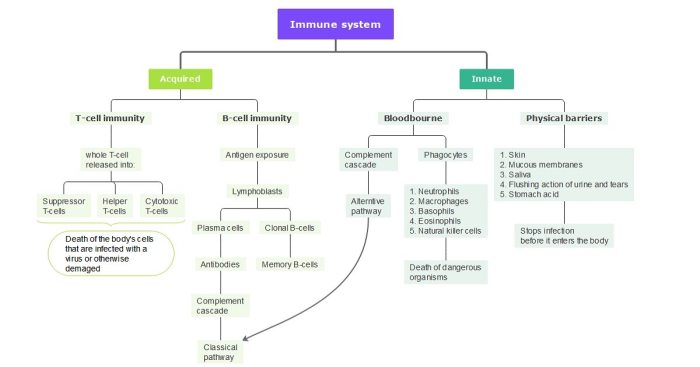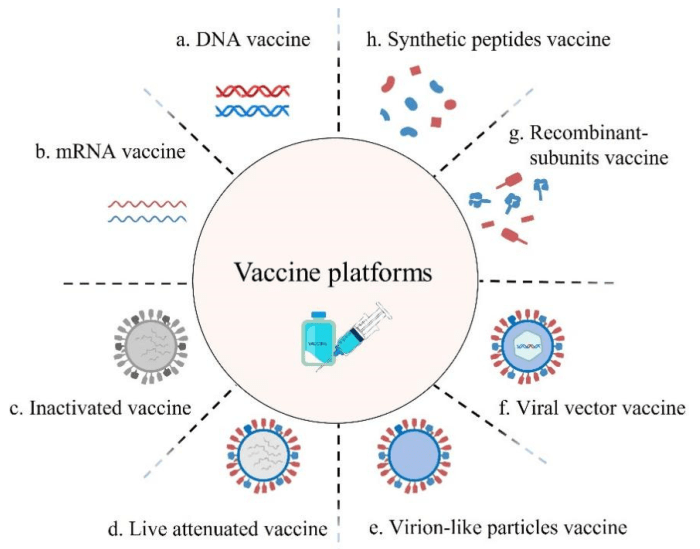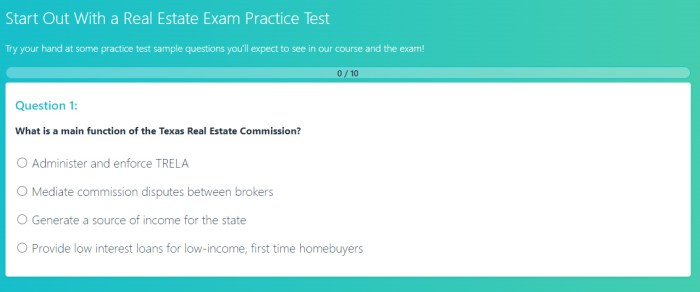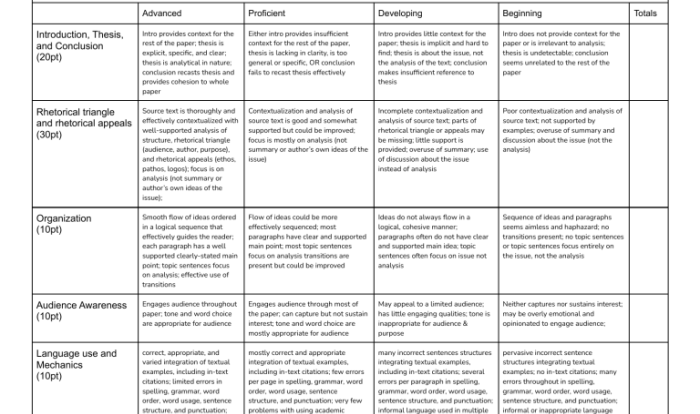Introducing the webquest viruses and vaccines answer key, an indispensable resource for educators seeking to engage students in an interactive and informative learning experience. This comprehensive guide provides a wealth of knowledge on viruses, vaccines, and the educational applications of WebQuests, empowering educators to create captivating lessons that foster critical thinking and scientific literacy.
Delving into the fundamentals of viruses and vaccines, this answer key elucidates the mechanisms of viral infection, the diverse types of viruses, and the crucial role of vaccines in protecting individuals and communities. Educators will gain a deep understanding of the scientific principles underpinning these topics, enabling them to effectively convey complex concepts to their students.
Overview of WebQuests
WebQuests are inquiry-based learning experiences that utilize the internet as a primary resource. They are designed to engage students in a deeper understanding of a particular topic by guiding them through a series of carefully selected websites and online activities.
Examples of WebQuests include:
- The Ancient Egypt WebQuest, which takes students on a virtual tour of ancient Egyptian history and culture.
- The Rainforest WebQuest, which explores the biodiversity and environmental issues of rainforests around the world.
- The Space Exploration WebQuest, which provides an interactive journey through the history and advancements of space exploration.
Types of WebQuests
Short-term WebQuests
Short-term WebQuests are designed to be completed in a single class period or over a few days. They typically focus on a specific topic or skill and provide a limited number of resources for students to explore.
Long-term WebQuests
Long-term WebQuests are more extensive and can take several weeks or even months to complete. They often cover a broader range of topics and require students to conduct in-depth research and analysis.
Mini WebQuests
Mini WebQuests are short, focused activities that can be used as a supplement to other lessons or as a way to introduce a new topic. They typically consist of a few carefully selected websites and a set of guiding questions.
Creating a WebQuest

Design a WebQuest
When designing a WebQuest, it is important to consider the following:
- The topic or skill you want students to learn.
- The grade level and abilities of your students.
- The amount of time you have available.
Organize a WebQuest
Once you have designed your WebQuest, you need to organize it into the following sections:
- Introduction: This section provides an overview of the WebQuest and explains what students will be doing.
- Task: This section describes the specific tasks that students will need to complete.
- Process: This section provides a step-by-step guide for students to follow.
- Resources: This section provides a list of websites and other resources that students will need to use.
- Evaluation: This section describes how students will be evaluated on their work.
Share a WebQuest
Once you have created your WebQuest, you can share it with other teachers and students by posting it online or emailing it to them.
Using WebQuests in Education

Integrate WebQuests into the Curriculum
WebQuests can be integrated into the curriculum in a variety of ways. They can be used as a supplement to existing lessons, as a way to introduce a new topic, or as a culminating activity.
Evaluate the Effectiveness of WebQuests, Webquest viruses and vaccines answer key
There are a number of ways to evaluate the effectiveness of WebQuests. One way is to observe students as they work through the WebQuest. Another way is to collect student feedback. You can also use assessment data to measure student learning.
Create WebQuests for Different Grade Levels
WebQuests can be created for students of all grade levels. However, it is important to tailor the WebQuest to the specific needs of your students.
Viruses and Vaccines
Explain the Concept of Viruses
Viruses are microscopic organisms that can only replicate inside the living cells of other organisms. They are not considered living organisms because they do not have their own cells or metabolism.
Viruses are made up of a protein coat that encloses a core of genetic material. The genetic material can be either DNA or RNA.
Discuss the Different Types of Viruses
There are many different types of viruses, each of which can cause a different disease. Some of the most common types of viruses include:
- Influenza virus: This virus causes the flu.
- Measles virus: This virus causes measles.
- HIV virus: This virus causes AIDS.
- Ebola virus: This virus causes Ebola virus disease.
Elaborate on the Mechanisms of Vaccines
Vaccines are biological preparations that provide immunity to a particular disease. They work by introducing a weakened or inactivated form of the virus into the body.
When the body is exposed to the weakened or inactivated virus, it produces antibodies against the virus. These antibodies will then protect the body from future infection by the same virus.
WebQuest: Viruses and Vaccines
Create a WebQuest that Focuses on Viruses and Vaccines
This WebQuest is designed to help students learn about viruses and vaccines. Students will explore the following websites to learn more about this topic:
Include Interactive Activities
This WebQuest includes the following interactive activities:
- A crossword puzzle about viruses and vaccines.
- A matching game about the different types of viruses.
- A role-playing activity about the history of vaccines.
Provide a Detailed Answer Key
A detailed answer key is provided for all of the activities in this WebQuest.
Questions Often Asked: Webquest Viruses And Vaccines Answer Key
What are the key features of an effective WebQuest?
An effective WebQuest should be well-structured, with clear learning objectives, engaging activities, and reliable resources. It should foster critical thinking, collaboration, and student autonomy.
How can WebQuests be integrated into different grade levels?
WebQuests can be adapted to suit various grade levels by adjusting the complexity of the tasks, the depth of the content, and the level of scaffolding provided.
What are the benefits of using WebQuests in science education?
WebQuests in science education promote hands-on learning, encourage inquiry-based approaches, and provide opportunities for students to explore real-world scientific phenomena.



